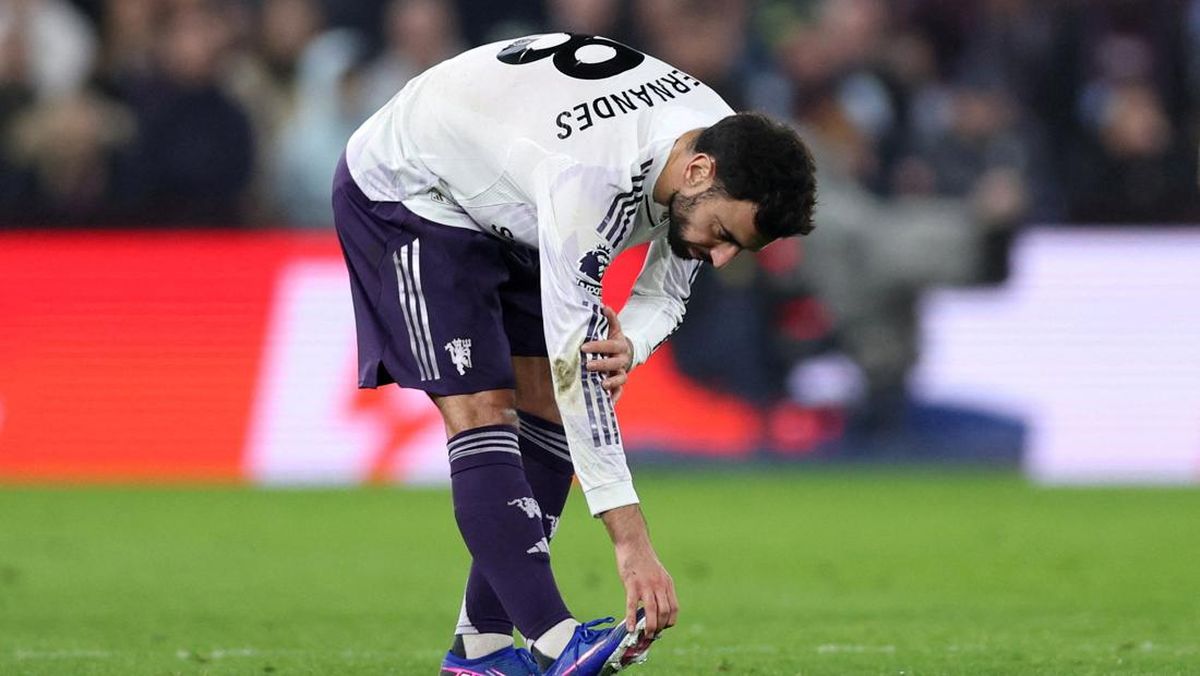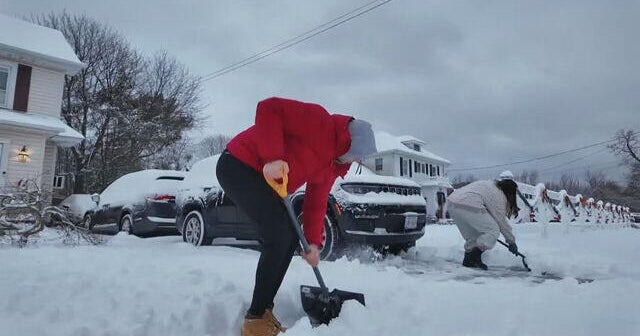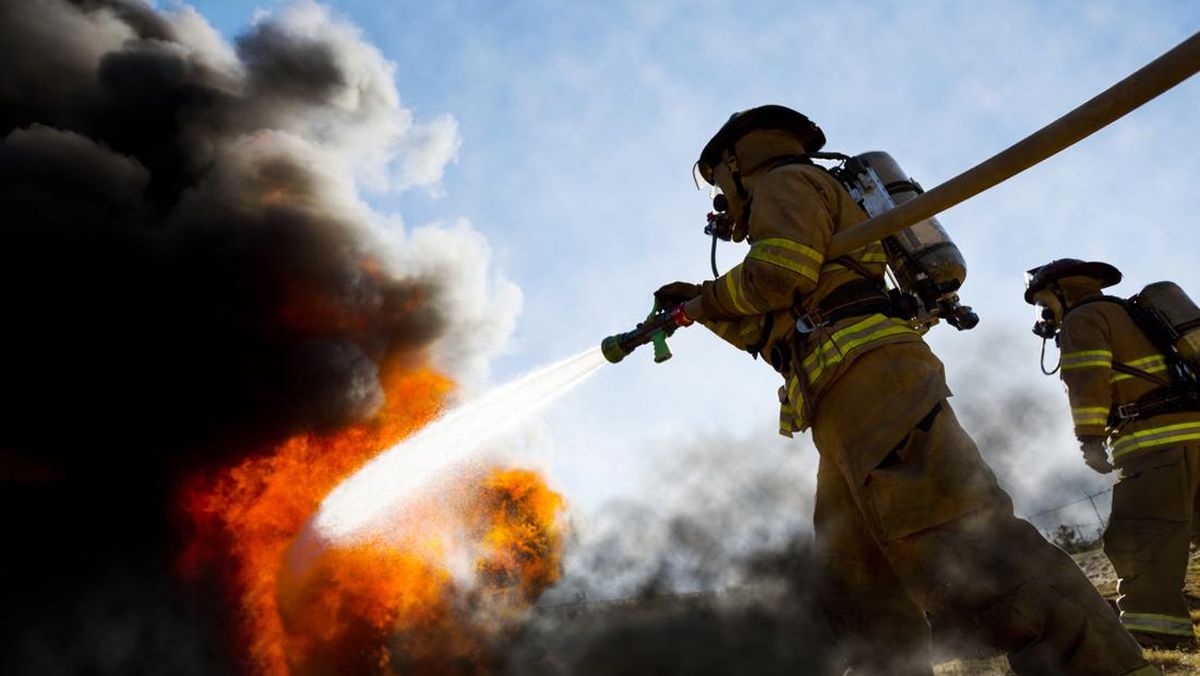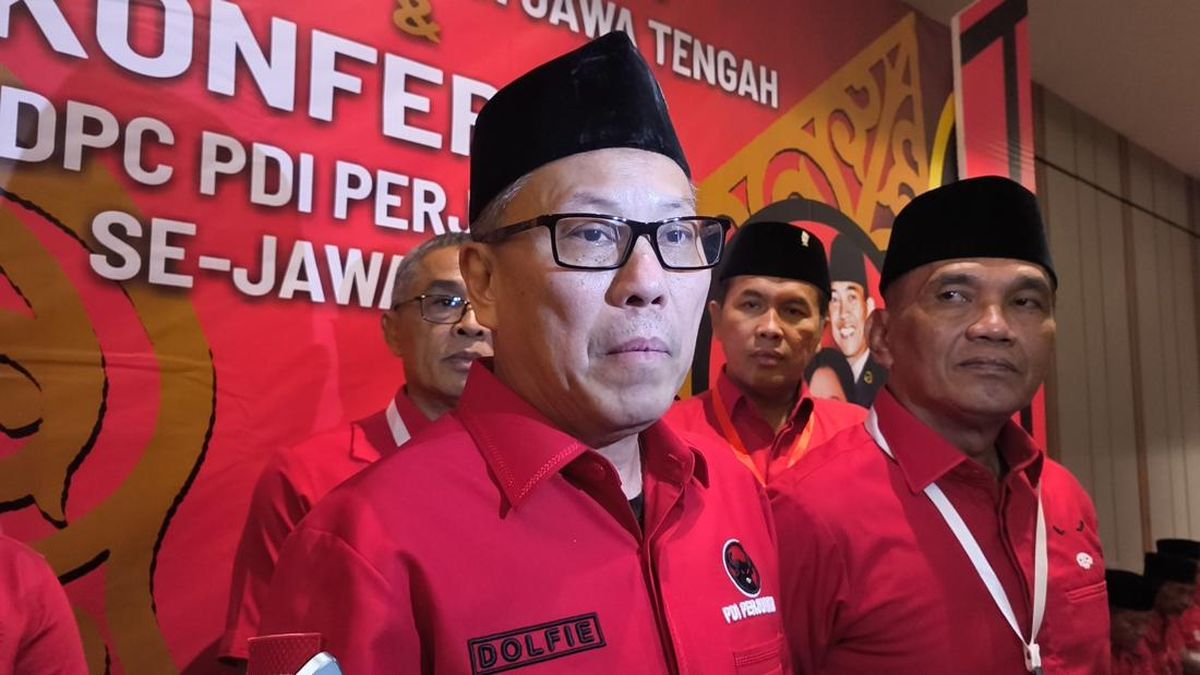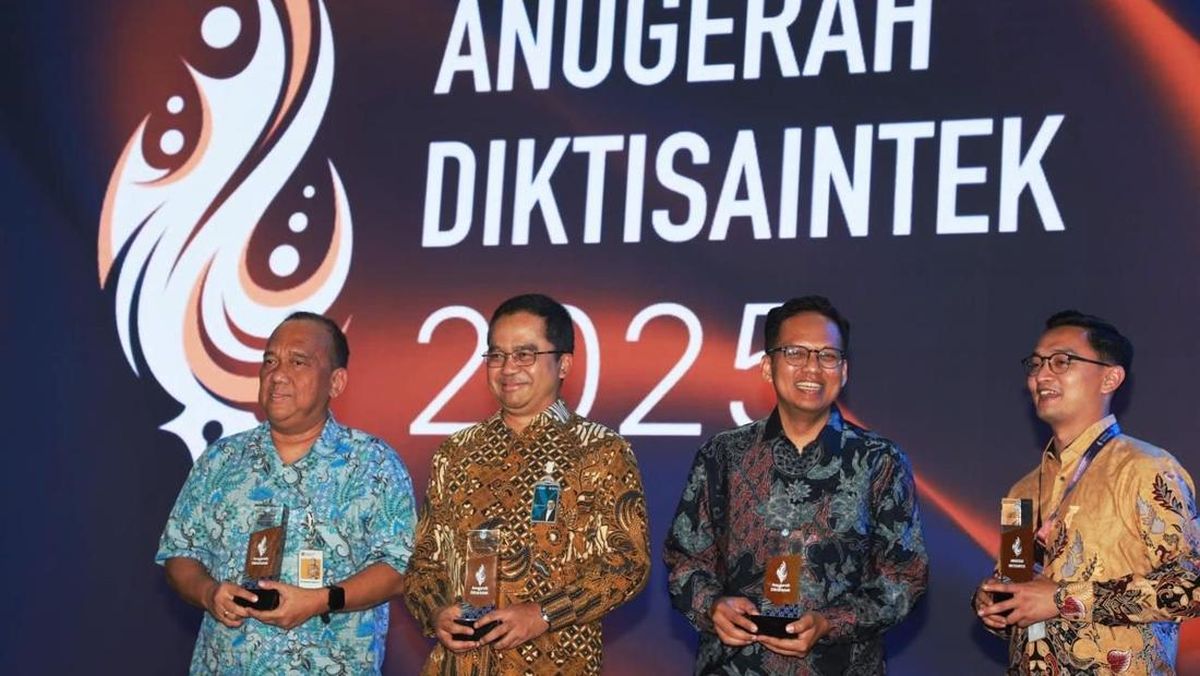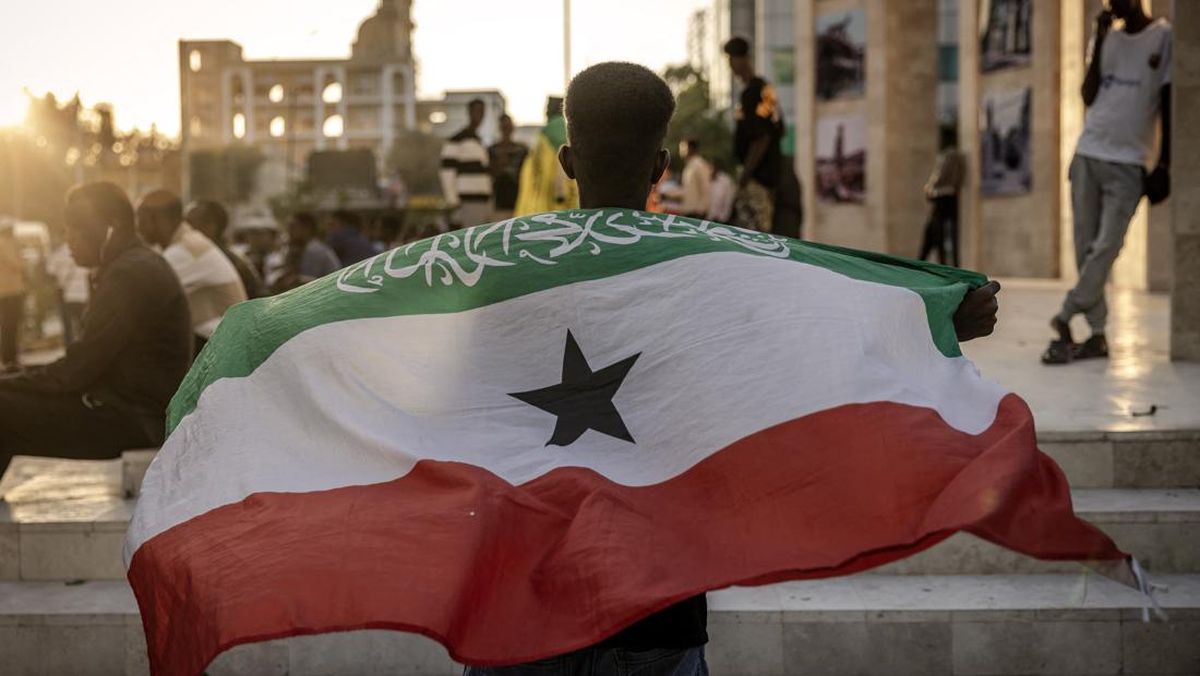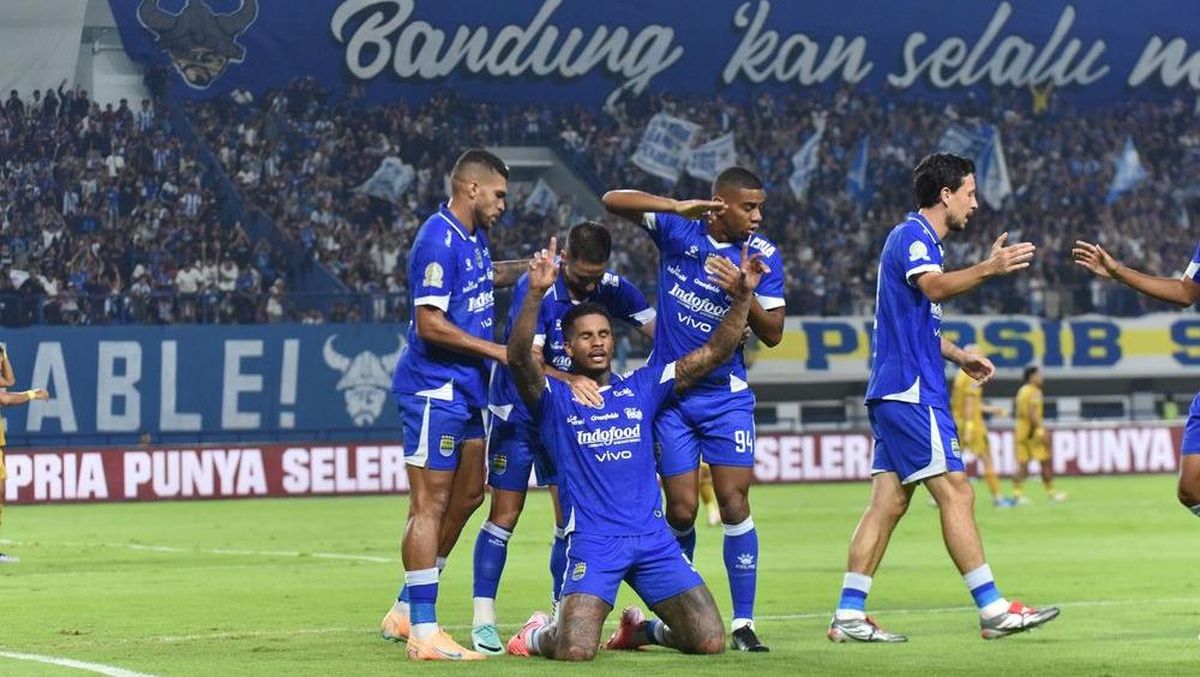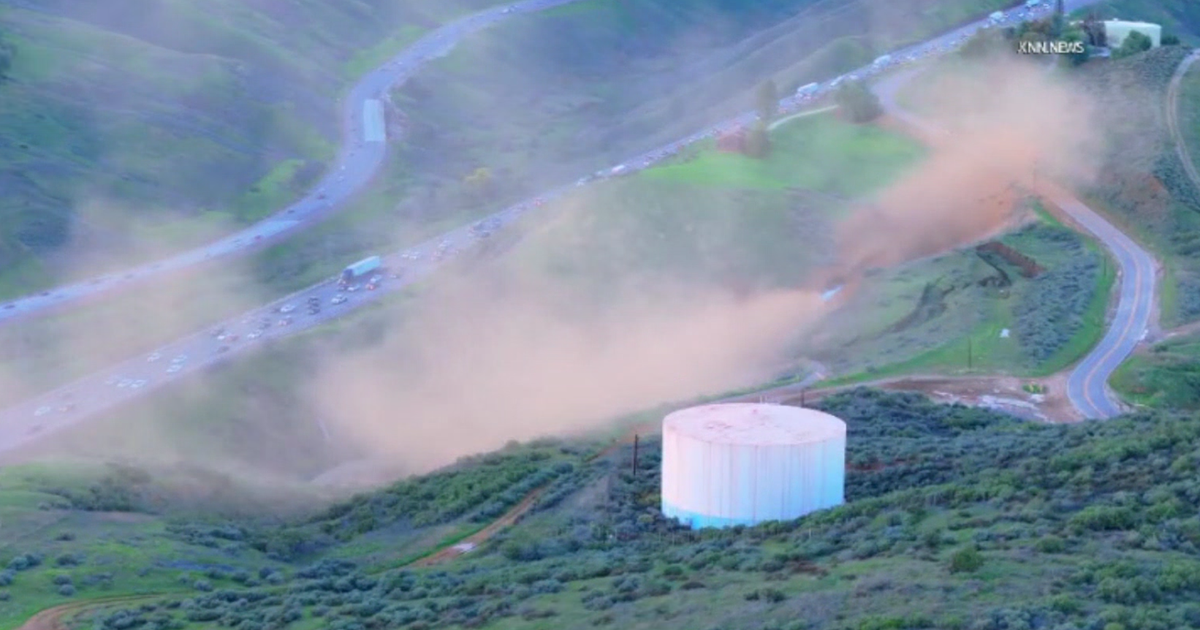Whether you’re a Downton Abbey diehard or not, there’s no doubt that the final dance of the period soap opera, that dominated the discourse for much of its life, will leave many wringing their gloved hands. And while the show’s stars are plentiful – Maggie Smith’s razor-tongued Dowager Countess, Hugh Bonneville’s Earl of Grantham, Elizabeth McGovern’s Countess and indeed Downton itself, the 17th century Highclere Castle – few sit in the heart of the maelstrom like Michelle Dockery.
As Downton’s haughty Lady Mary Crawley, she is the embodiment of the estate’s past, present and future. She has the regal back arch of her grandmother, the Dowager Countess, and an equally sharp tongue, but all the makings of a modern woman.
Dockery, too, has undertaken a journey since Downton made its TV premiere in 2010. At that stage, she was a 28-year-old actor known largely for stage roles in His Dark Materials for Britain’s National Theatre and Pygmalion at London’s Old Vic.
During her 15 years on Downton Abbey, Dockery’s personal life has not been without tragedy, having lost her partner of two years, John Dineen, to cancer in 2015 (they were introduced by her Downton co-star, Allen Leech). Still, as she closes this chapter in her career, she’s started a new phase of her life with Jasper Waller-Bridge, brother of Fleabag creator Phoebe Waller-Bridge, whom she married in 2023.
Dockery, 43, admits that saying goodbye to Mary – the third and final film, Downton Abbey: The Grand Finale, is in cinemas next month – has been a difficult process. “In some ways we’ve been saying goodbye for quite a long time,” she says. “We thought the end of the [television] series was it. We did the first film, and it wasn’t guaranteed that we were going to do another one. So there have been many goodbyes over the years, but it’s never quite been the one.
“This one really did feel like the last,” she adds. “It is the last movie. We were saying goodbye to Mary’s bedroom in one scene, and I thought, ‘That’s it, that’s my last scene here. That’s the last time I’m going to be standing here.’
“And then you started to see everybody else’s goodbyes, and what was so wonderful is that people showed up for each other. When Laura [Carmichael, who plays Lady Edith Crawley] was wrapping, I went on set and made sure I was there for her, and Elizabeth [McGovern, who plays her mother, Cora], and that’s when it really started to hit us all. It was a long process of goodbyes.”
Downton Abbey was set on a fictional Yorkshire country estate and reflected the social changes transforming Britain between 1912 and 1926. The series was a smash hit out of the gate, setting ratings records and dominating “the national conversation” in Britain. It was also popular in Australia and the US, where Entertainment Weekly described it as “the biggest [public television] phenomenon since Sesame Street”.

Dockery appeared in stage productions before her big TV break.Credit: Zoe McConnell/Focus Features
Dockery says the success of the series punctured the bubble around those who were working on it “somewhere around series two”, when its international popularity started to become obvious. “I’d get letters from people saying how inspiring my character was, her strength and her courage, or people saying that when they needed comfort in their life, Downton was the show they would turn to.
“The characters are worlds away from what modern audiences are experiencing, but there’s something about them that really had an effect on viewers – and still does, 15 years on. For us, the most meaningful part is that it continues to have this impact on people, despite being set in a very different time.”
Dockery also reflects on the transformational experience many in the cast experienced. “The overnight recognition was something you can never really prepare for, and it took me a minute to adjust to it,” she says. “When people start recognising you in the street, and people call you by your character’s name – when they say ‘Mary’ – that was just crazy to me.
“To them, you are very familiar, but you are meeting someone you’ve never met before,” she continues. “But when people do approach you, they’re so loving about the show and the character. It’s always lovely to hear that from strangers – how much they’ve enjoyed the show and how much the show has been a part of their life.”
The heart of Lady Mary’s journey – that she is the natural heir to her father’s estate but faces losing it to a distant male relative because of Britain’s inheritance laws at the time – is one which offered a rare opportunity to explore women’s rights. Flipping it into a period drama made it doubly interesting.
“Particularly in this movie,” says Dockery, referring to The Grand Finale, “there is a much firmer passing of the baton. There’d been such a reluctance for certain characters in the show to change, particularly the relationship between Robert and Mary, that in some ways you look at it and go, ‘Wow, how has it taken this long and why is there this reluctance to hand over?’”
Dockery compares Downton Abbey to another popular television obsession: the HBO drama Succession. “I was completely besotted with Succession, which has parallels in many ways – and that is a very modern story. Lady Mary is of her time, however restricted, and she’s still adamant about making those changes. She knew that it was time for change.”

Dockery, as Lady Mary, in an early episode of Downton Abbey.
It was also important for the film to say goodbye to actor Maggie Smith, who died last year. Smith’s performance as the Dowager Countess was one of the definitive touchstones of Downton Abbey, her wit and wisdom – “I never argue, I explain” – deserving of its own place in history. Not to mention her now-iconic zinger: “What is a weekend?”
Smith does not appear in The Grand Finale, but her presence was deeply felt on the set. “She’s still a huge presence in my life,” says Dockery. “We talk about her a lot, we spent so much time with her.
“On that set, although Maggie wasn’t with us, her presence was really felt. Both within the story – because she’s talked about so much, and her portrait is hanging there throughout the movie. And also, because of it being the last movie, we were reminiscing so much as a cast. She was very present in many ways.”
Not given to too much sentiment, Dockery says with good humour that she “never really wanted [to keep] anything” from the set of the TV series or the films, but she was gifted something she does treasure: the toy dog Mary gave to Matthew Crawley (Dan Stevens), the man she was destined to marry, at the train station as he left to serve in the Great War.
Loading
The little dog might have brought Matthew back safely from war, but it does not spare him a grim departure from the series. For a refresher, go back and watch the season three Christmas episode with lots of tissues on standby.
Reflecting on the character she’s about to say goodbye to, Dockery says Lady Mary is “unconventional and independent” enough to find her own way in life. “There’s a feeling of continuation, that it’s the beginning of something else,” says Dockery of The Grand Finale. “I feel like this film ends with hope. And I think the audience will make their own decisions as to what Mary’s future will be.”
Downton Abbey: The Grand Finale is in cinemas September 11.
Get the best of Sunday Life magazine delivered to your inbox every Sunday morning. Sign up here for our free newsletter.

